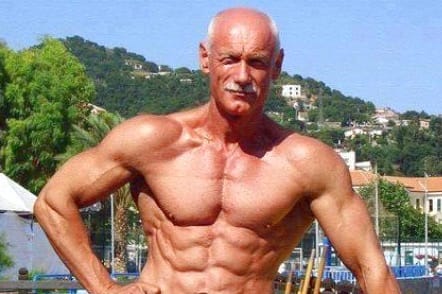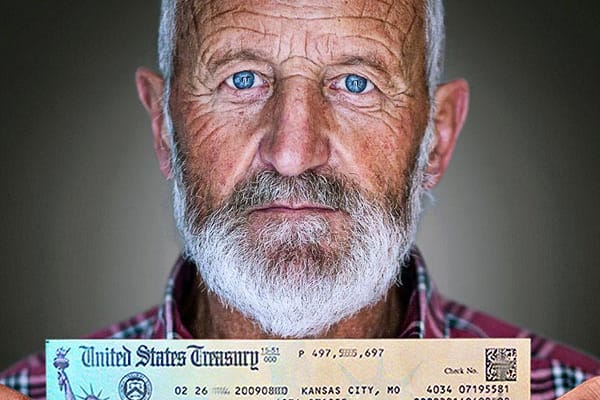MUMBAI: The city has held a special spot in the four-decades-long battle to demand a dignified exit for very ill persons who are beyond treatment and unlikely to live a quality life. On Friday, the SC judgment legalising passive
euthanasia and
living will was welcomed by those championing the cause, but they called it just the beginning of a long journey ahead.
One of the earliest demands for dignified death originated from Mumbai in 1981 when social activist Minoo Masani formed The
Society for the Right to Die with Dignity (SRDD). This group that started with a handful of persons now has over 600 members, including several non-medical persons.
SRDD had a roller coaster ride, making small attempts to discuss end-of-life through medical conference and gatherings. After the death of urologist Dr B N Colabawalla, one of the society's founder members in 2002, it again slipped into inertia but was revived by some doctors and relatives. It had filed an intervening petition in the NGO Common Cause' plea that won a favourable verdict on Friday.
A senior doctor from KEM Hospital, Parel, added
Aruna Shanbaug's case was majorly responsible for pushing the passive euthanasia debate.
Dr Surendra Dhelia, SRDD secretary, called Friday's order a great beginning. “The SC has granted autonomy to a citizen to decide what he wants and doesn't at the end of life. Doctors, patients and caretakers go through a lot of stress which is physical, emotional and financial, but there is little understanding or empathy for that,” he said. Neurologist Dr Roop Gursahani, a member of the steering committee of End-of-life-care in India Task Force (ELICIT) said the judgement is the foundation of a process for both doctors and legal professionals to understand duties and responsibilities towards patients. Importantly, he said, it was the beginning for patients to take charge of their last days.
Now, experts said, it's time to look into the details. The SC said a medical board would take a final call once a petition is in. Dr Gursahani said information about who would constitute the board, whether the state would have one or every hospital would have their own bodies, is awaited.
 The KEM hopsital room of Aruna Shanbaug, a nurse who was sexually assaulted and remained in a vegetative state... Read More
The KEM hopsital room of Aruna Shanbaug, a nurse who was sexually assaulted and remained in a vegetative state... Read More The KEM hopsital room of Aruna Shanbaug, a nurse who was sexually assaulted and remained in a vegetative state... Read More
The KEM hopsital room of Aruna Shanbaug, a nurse who was sexually assaulted and remained in a vegetative state... Read More





All Comments ()+^ Back to Top
Refrain from posting comments that are obscene, defamatory or inflammatory, and do not indulge in personal attacks, name calling or inciting hatred against any community. Help us delete comments that do not follow these guidelines by marking them offensive. Let's work together to keep the conversation civil.
HIDE